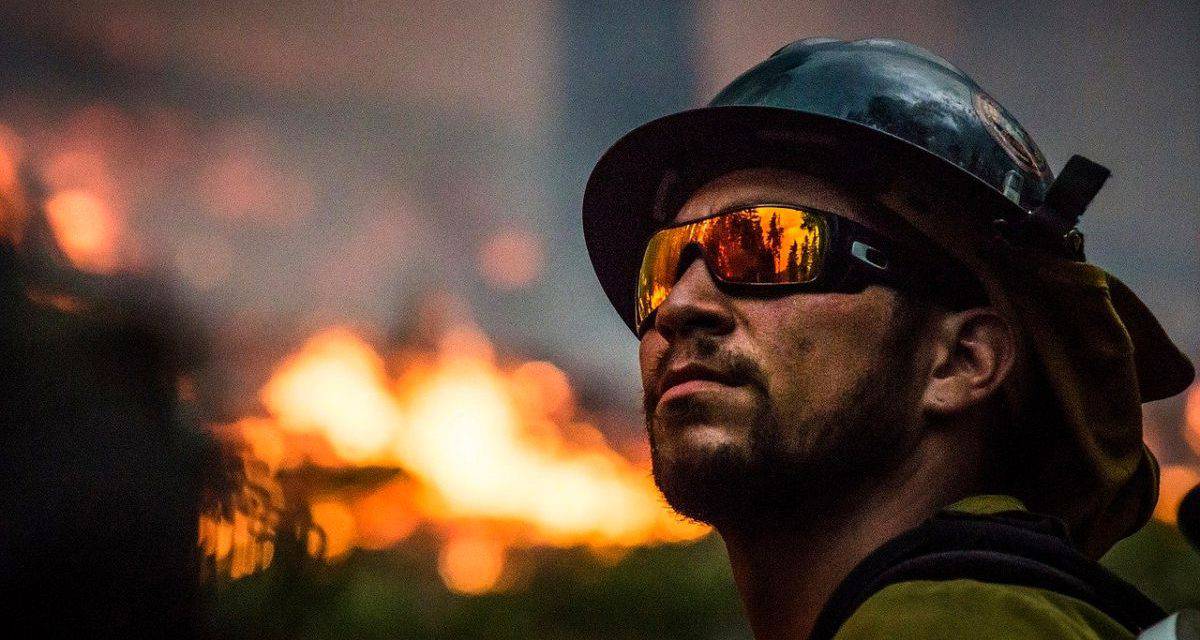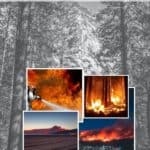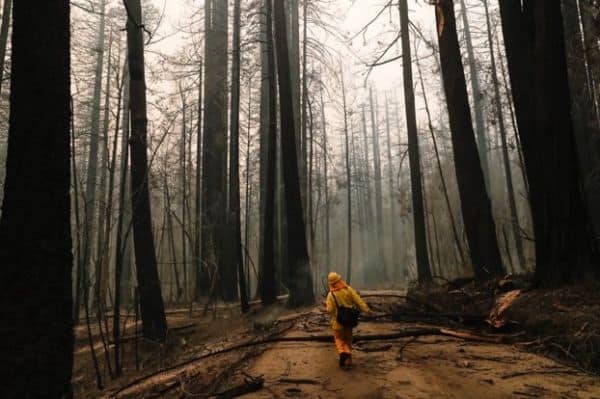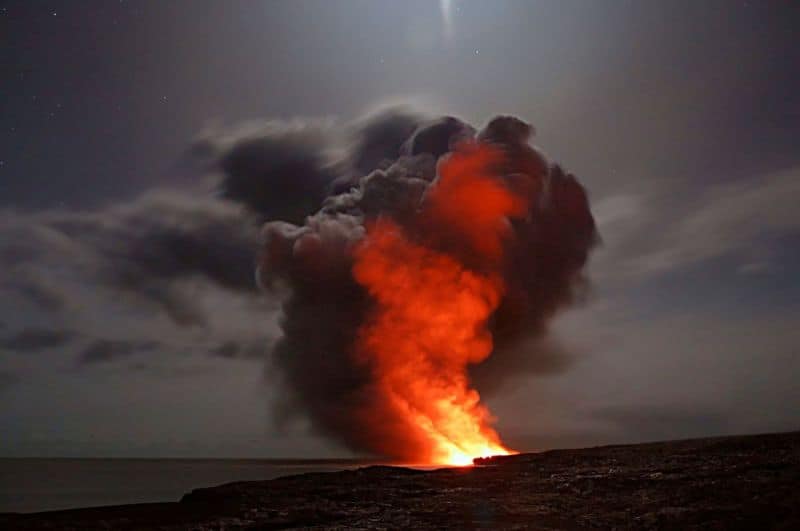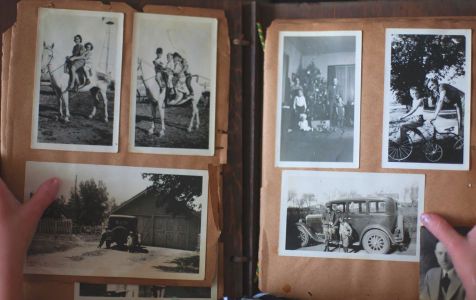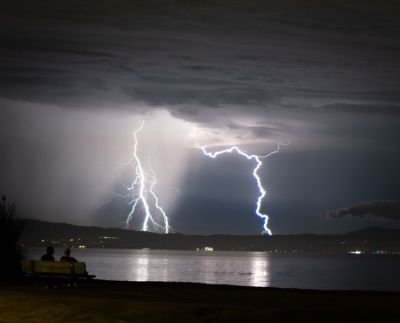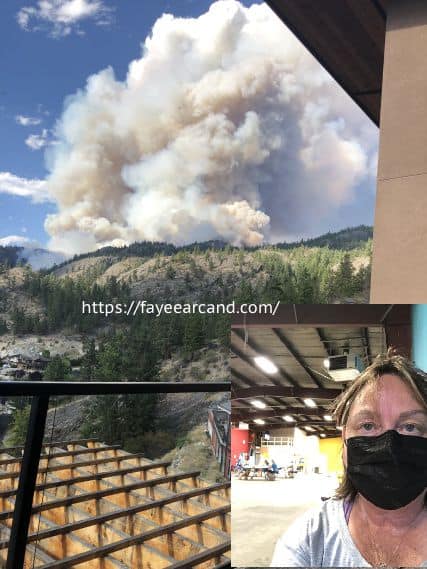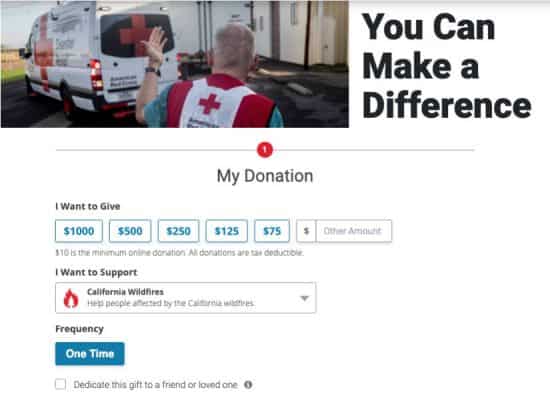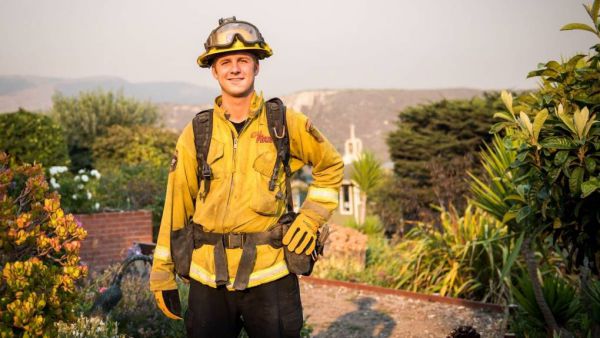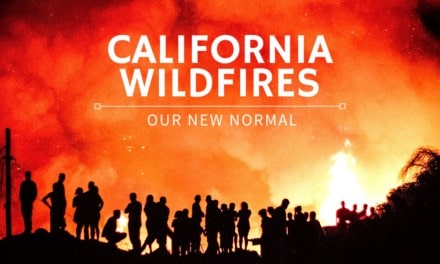It’s Not Always Sunny & Seventy In California
California is known for its sunny and seventy forecasts but there is another reality to living in this beautiful state, wildfire season.
Whether you are in Northern or Southern California, you are highly likely to experience a wildfire in your area. It’s likely you’ll be forced to evacuate or deal with ash and smoke from nearby fires every year.
Each Fall with more frequent regularity, wildfire strikes the hearts of our people and towns. We race to help those affected in any way possible. There is always an eagle eye on emergency notifications. Each year, we double-check our “go-bags” and remind kids about family evacuation plans as they walk out the door to school in the morning.
A Personal Perspective on Safety and Preparedness During Wildfire Season
As a family, we have personally evacuated on three separate occasions. On top of that my brother and his family have evacuated even more often than we did. We were both located in the east part of San Diego county. I think we learned some tough lessons over the years.
1. Invest in a Firebox
You may or may not be home when fire strikes. Invest in a firebox to dave the most important papers and documents. From birth and death certificates to immunization records to social security cards or a military id. These items are not easy to replace and will be needed. If you do have to move to another home permanently, how do you recreate those immunization records in order to enroll your child for example?
2. Make a List!
Once you are able to assess what is a critical memento, put it on a list. You will have only a few minutes to get out the door in an extreme situation. There is no time to decide in those moments. Trust me, I have sat at a friend’s dining table wishing I had brought this or that. Keep in mind, it should not include grandma’s dining table but maybe a painting, the family silver or a jar of sand from your father’s memorial paddle out. Maybe it’s a quilt or your husband’s baby shoes in a shadowbox. I don’t know what it is for you, but list it and make it an easy item to grab and pack.
3. Consider Digitizing All Those Photo Albums
After having inherited photo albums of multiple generations, know that photographs fade, yellow and deteriorate over time. There are any number of services doing this type of work and for a one-time investment, it can certainly be worth it. If you don’t the funds, simple grab that phone and start snapping photos of each page. It’s not pretty but phones have come a long and taking out each photo to scan can actually destroy them, especially of they are quite old.
4. Preparedness and Your Insurance
Pay attention people! The insurance companies will be overwhelmed with claims in wildfire season. It will be a long, arduous process. The odds that you have everything documented properly, in terms of losses, are low as well. Even if your home isn’t lost, much of your furniture could be a total loss. The smoke can absolutely permeate everything from furniture to clothing and even your walls.
I came home to the task of having to wash each and every blanket, all of our clothing, draperies, bath mats. You name it, I washed it. Some items just had to be tossed out. In addition, all the surfaces were covered in ash. We had to rip out the bedroom carpeting. Smoke infiltrates a house through the ventilation systems!
What can you do?
Insurance may or may not cover replacing items. If they do, they’ll want itemized lists. Who does that? Well, if you live in a wildfire area, documenting your belongings is an annual task. Once we did it the first time though, each year it was just an update.
So how did we do it? We walked through each room and listed all the electronics, furniture and decor and any intangibles like the number of towels we keep in each bathroom or linen closet. On top of that, we took video of each room so the burden of receipts was reduced. Yes, did you keep your receipt for that alarm clock you bought five years ago? No? Yeah, me neither! We kept the video and the lists originally in our lockbox but now post them to our cloud instead.
5. Purchase a Generator if You Can
With family living further out east in the foothills of San Diego and experiencing regular power outages, we all decided to gift them a terrific generator. Beyond being able to stay in touch and have the lights on in the evening, they were also able to keep the fridge and freezer going.
This one items saves them hundreds of dollars every summer since they weren’t replacing their food. It also kept them in their home longer during days and days of winds changing. Why? They were more informed about when it was actually time to leave. There was food and cold drinks to stay hydrated. Fans could be run to stay cool.
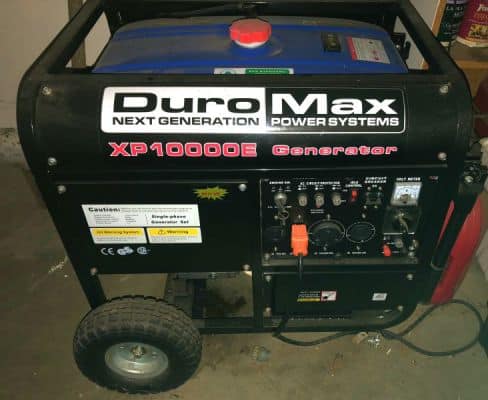
Savvy Cali Girl Photo
6. Cash Is King
When you are on the road, many of the places you may stop, may also have lost power. You will need cash to pay for items. Those pesky debit cards rely on connectivity and power, neither of which are readily available in a difficult wildfire evacuation. You may have forgotten the baby’s formula or need a box bandaids. Who knows but you’ll be thankful you have cash in hand at a dark store selling water. Also note that many gas stations rely on power to pump the gas. If you are stuck in traffic jam on a two lane road expecting to fill up at the corner market, you can forget it.
No One Is Immune During Wildfire Season
Have ever seen a wildfire march steadily to the edge ocean?This occurred in Malibu and other areas along the Pacific Ocean. To be perfectly honest, fire can strike anywhere! Any canyon or foothill can catch a spark, spreading flames instantly during wildfire season.
California is the land of red flag warnings and Santa Ana wind conditions, when the humidity drops and winds can gust to over 100 mph. These conditions can affect any region in any neighborhood since we are the land of hillsides and canyons.
The Smell and Colors of Fires
In California, we can smell the difference between the smoke of a grill and that of a California wildfire. We can tell by the color of the smoke whether firefighters are winning or losing, whether it is a structure fire or a brush fire. Even the mere change in intensity of the smell of smoke can put you on high alert.
We are used to checking in with each other throughout the summer and fall. We pay close attention to heat, humidity and wind forecasts.
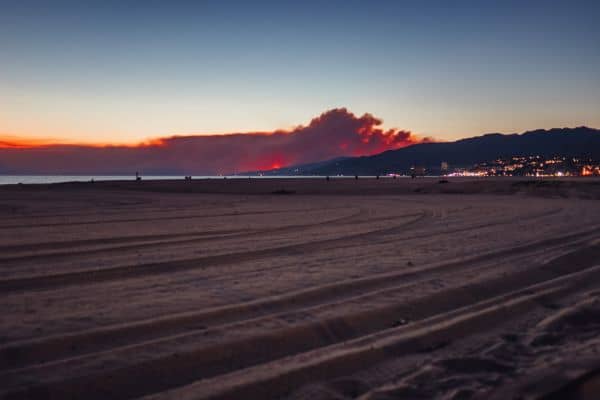
Santa Monica, California 2018
“It’s raining ashes all over the city. Definitely one of the worst fires California has ever seen. My prayers go to all the affected people, all the firefighters and policeman in the area and all the poor animals.”
Lightning Storms and Fire Tornadoes
Fire can strike one home and not another so neighborhoods are often dissected, leaving gaping holes on suburban streets – and that is considered lucky.
The Paradise fire recently wiped out an entire town, just wiped it off the face of the earth. Destroyed a place called Paradise. this is when the rest of the world started to become familiar with terms like fire tornadoes.
In 2020, Northern California had unusual lightning storms which sparked multiple fires and set records as one of the top 10 wildfires.This lightning has been a constant occurrence over the years but with the advent of smartphones and social media, we can see the power of it first hand now.
Wildfire Evacuation During a Pandemic
California is not the only state or even country facing more extreme weather and worsening wildfire seasons. In fact a fellow blogger, Faye E Arcand, evacuated during the pandemic which is definitely outside the bounds of normalcy.
You can read about her first hand account through this link. I have subscribed to her blog for quite some time but didn’t think we would ever have something like this in common!
It is quite an experience to watch from afar and wonder what is happening on your own block. If you have tips or experiences to share, please feel free to comment on below or on Faye’s blog.
Wildfire Season Is Frightening
To be sure, fire is scary. That in and of itself is enough to spark fear for any resident. There are a number of reasons that make the experience even more nerve-wracking or traumatic.
How Losing Power Impacts You During Wildfire Season
When you lose power in the midst of the situation a number of things occur. What many don’t realize is that power companies turn off power in these conditions. The action lessens the chance of sparks from power lines igniting fires in areas where the brush is dry.
Okay, that makes sense but many need power to pump water out of their wells in the back country. Most cell towers also need power to operate so that means you can’t get hold of friends or family if you don’t have a land line. If you don’t have power, you can’t watch the local news either unless you have a generator.
In these situations, businesses and schools become refuges for those cut off from water and information.
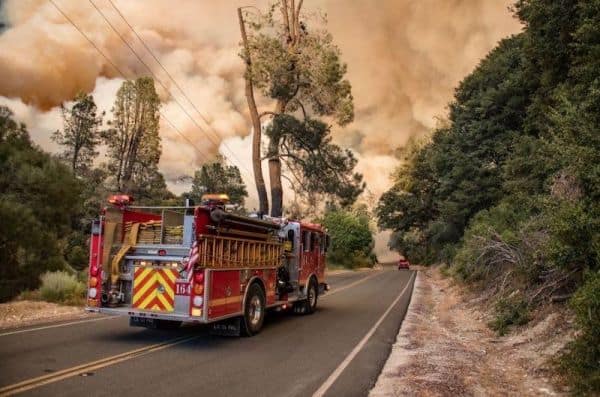
Photo via Twitter, Source Unknown
Disaster Prep is Key for Residents Before Wildfire Season
So each year we cut back brush to create a defensible space, plant greenery that retains water, keep extra portable chargers at the ready, fill generators with fuel, and stock up on batteries. It’s a lot but it is key if you are living in an area prone to fire.
Specifically, the Red Cross has resources well in advance of any disaster. Their website has checklists, quizzes and more. You can look over a detailed list of what you might need, courtesy of Red Cross.
I also include a few options on locations for everyone to meet in advance. If communication is cut off, it is easier to locate family. Also, with only a few spots to meet up, there is far less confusion if we have to evacuate from our home and not everyone is at the house at the time.
This approach has been really handy for extended family also. No matter who is affected, there is another family or friend where we try to get together. It is far more comfortable to be with friends and family for extended periods of time than an evacuation center.
The Wildfire Season is Our New Normal
Here in California, we’re now familiar with terms like super fire tornados or lightning storms. We know that burned out hillsides become massive mudslides a few months later. Unlike people, fire does not discriminate. Anyone can lose absolutely everything.
This is our new normal. Like guns in schools, metal detectors in airports, hurricanes that wipe out entire islands, and winter storms that wreak havoc across the country, this is what summer and fall bring to California each and every year. Wildfire season is overwhelming. This is what it means to be a Californian.
While we love our blog full of cute shops and restaurants, great scenery and super fun things to do, these fires continue to sweep across vast swaths of pristine hills and neighborhoods. Our hearts go out to those fleeing the danger and pray for the brave men and women battling the ever-changing fronts of California wildfires. Wildfire season is an annual monster to face!
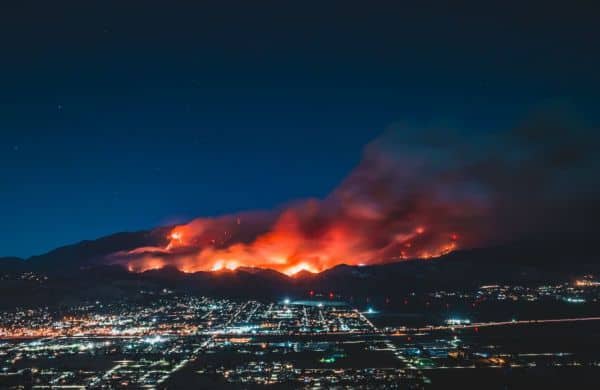
Most California cities and towns are surrounded by foothills. This is the Idyllwild Pine Cove Fire, during the 2020 California Wildfire Season.
Levan Badzgaradze Photo via Unsplash
More Summer Safety In California
If you are considering a move to California or just visiting, just know that there is as much notice given as possible. But to be safe, keep these other tips in mind. We also provide beach and pool safety, road trips suggestions, and more in our post, Safety Tips In Summer To Keep Your Family Safe.
Consider Donating During Wildfire Season
National Donations for a Specific Cause
We make plans on how to quickly evacuate family, animals and cherished possessions at a moment’s notice whether we reside in an apartment, hillside retreat, or a beach cottage. Wildfires care not about the size or quality of your home.
If you have the means, please consider donating to those organizations that support us during tough times like the Red Cross.
Want To Help in the Bay Area?
For some of us, we like to impact our local community versus a national organization. We found a terrific article with a listing just for Northern California.
Bay Area Donations, Link to Article from KQED that lists out lots organizations.

